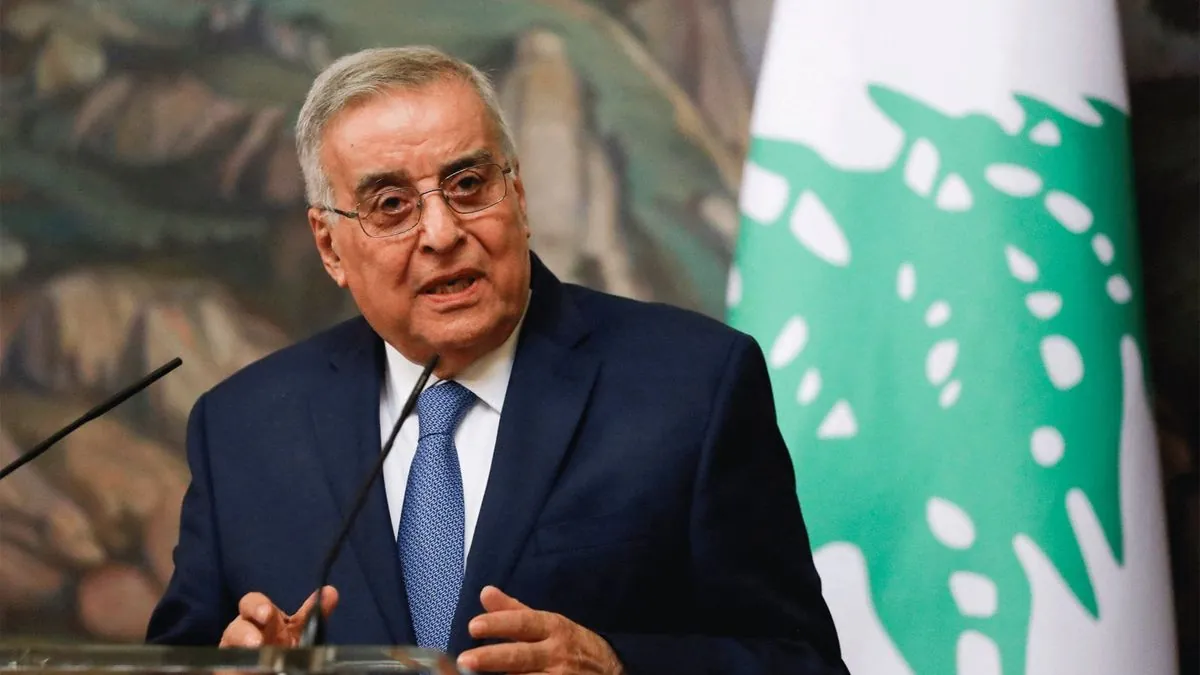In a recent development, Lebanon is actively working to prevent a full-scale conflict in the Middle East following a series of events that have heightened regional tensions. Abdallah Bou Habib, Lebanon's Foreign Minister, emphasized the country's efforts to ensure that any response to recent Israeli actions does not trigger a wider war.
The situation has become increasingly volatile in the past week, marked by two significant incidents. In Tehran, a leader of Hamas, the Palestinian militant group, was killed. Shortly after, an Israeli strike in Beirut's suburbs resulted in the death of Fuad Shukr, a senior commander of Hezbollah. These events have raised concerns about potential retaliation and further escalation.
Hezbollah, an Iran-backed group founded in 1985 during the Lebanese Civil War, has stated that it will respond to the killing of its commander in a calculated manner. This statement comes amidst ongoing exchanges of fire between Israel and Hezbollah, which have been occurring since Hamas launched an attack on Israel on October 7, 2023, leading to the current conflict in Gaza.
Lebanon, a country of about 5.5 million people as of 2024, finds itself in a precarious position. With the longest-serving UN peacekeeping mission (UNIFIL) present since 1978 and hosting the largest number of refugees per capita globally, Lebanon is no stranger to regional conflicts. The country's complex political landscape, featuring 18 officially recognized religious sects, adds to the challenges of maintaining stability.
"We are working diligently to ensure that any response does not lead to a total war in our region."
The ongoing situation is further complicated by Lebanon's internal challenges. The country has been without a president since October 2022 and has been grappling with a severe economic crisis since 2019. These factors make the task of preventing wider conflict even more crucial for Lebanon's stability and the region as a whole.
As tensions continue to simmer, the international community watches closely. The potential for escalation remains high, with the 120 km long Israel-Lebanon border being a potential flashpoint. The memory of the 2006 Lebanon War, which lasted 34 days between Israel and Hezbollah, serves as a stark reminder of the potential consequences of full-scale conflict in the region.
Lebanon's efforts to maintain peace while navigating these complex geopolitical waters highlight the delicate balance required in Middle Eastern diplomacy. As the situation unfolds, the world remains hopeful that diplomatic efforts will prevail in preventing further escalation in this historically volatile region.
